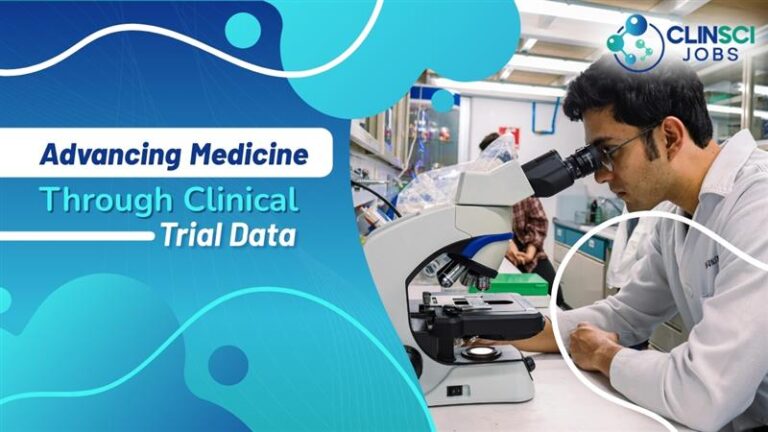Table of contents ▸
The healthcare sector is evolving rapidly, and this growth brings a demand to engage skillful professionals across all specializations in that sector. One such position that emerged recently with significant demand over time is that of clinical scientists. They usually interface science and medicine to determine the best approach toward diagnosing and treating patients through scientific research and advanced technologies. Together with the rising complexity of the health spectrum, clinical scientists are in ever-increasing demand, and thus, this shall be a very rewarding and impactful career move.
Why is there an escalating demand for clinical scientists?

The demand for clinical scientists in health care has increased for several reasons.
First, advancements in medical technologies and treatments require experts who can interpret complex data, run clinical trials, and translate research into real applications. Clinical scientists bring scientific expertise to bridge laboratory findings with patient care in a way that innovations in healthcare will reach the patients effectively.
Another factor is that as populations grow and age, there are more cases of chronic diseases, such as heart disease, diabetes, and cancer. This has created a greater need for medical research and specialized diagnostics, areas where clinical scientists excel. Their role in implementing and developing new tests and procedures, and treatments is important to manage these diseases efficiently.
Recently, the global pandemic brought into limelight the importance of clinical research and innovation in developing vaccines at an accelerated rate. Clearly, present-world health systems cannot cope without the core input of clinical scientists.
Job Growth in the Field of Clinical Science
There is a steady growth in the job prospects for clinical scientists. In various industries, healthcare is one of the areas that has seen fast growth, and demand for clinical scientists is supposed to increase by over 10% in the next decade. Some of the reasons for the growth are the increase in the aging population, the focus on precision medicine, the great demand for personalized healthcare, etc.
Better employment opportunities have been generated for clinical scientists by the government and the healthcare organizations as they are spending more on R&D. Clinical scientists are now not only placed in hospitals but also in pharmaceutical companies, biotechnology firms, academic institutions, and research laboratories.
Skills and Education Required
Majorly, clinical scientists move into the profession with a comprehensive educational background in life sciences, others also hold the professional degree of master’s or Ph.D. Clinical scientists are expected to possess not only scientific knowledge but also analyze and communicate effectively and must render problem-solving skills. This ability to work cohesively with other healthcare professionals and translate science into practical applications is key to the clinical scientist’s success in such a dynamic field.
Yet another significant characteristic of this profession is constant learning. The clinical scientist has to be aware of the newest research, treatments, and technologies in the field of medical science.
With the evolving time and technology and the changes in healthcare, there will be a tremendous increase in the demand for clinical scientists. Therefore, for science enthusiasts who would like to make a tangible difference in patient care, a career as a clinical scientist ensures job security as well as contributing meaningfully to the healthcare system.
With promising jobs and increasing healthcare demand for research and development, it’s a good time to enter a career in clinical science.
Follow us on Social Media: LinkedIn | Facebook | Twitter | Instagram












